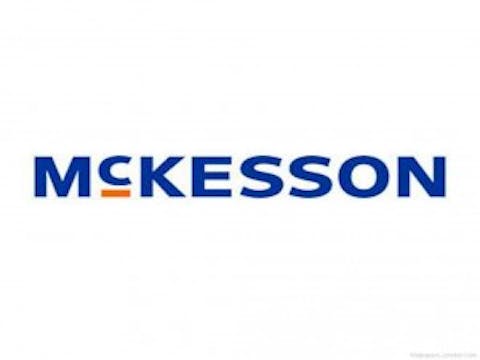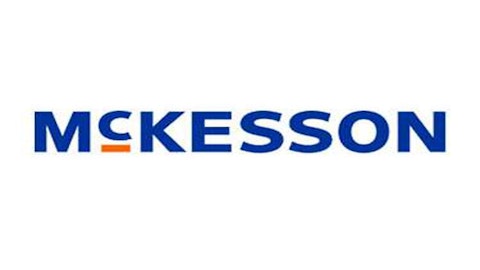Health care technology has been hot over the past few years. Billions of taxpayer dollars were spent to encourage hospitals and physicians to use electronic health record, or EHR, systems. These incentives translated to higher sales and profits for the vendors of those systems.
Boatloads of federal money injected into health care continues to bolster the stocks of EHR companies. Allscripts Healthcare Solutions Inc (NASDAQ:MDRX) shares have soared by 68% year-to-date. athenahealth, Inc (NASDAQ:ATHN) is up 54%. Quality Systems, Inc. (NASDAQ:QSII)‘ stock has gained more than 30% this year. Large players Cerner Corporation (NASDAQ:CERN) and McKesson Corporation (NYSE:MCK) are both up around 27%.
But could these high-flying stocks actually be riskier than they might appear at first glance? A couple of recent reports suggest the answer might be “yes.”
Not so hot
A study published in the Annals of Internal Medicine found that use of EHR systems didn’t lower inpatient costs. Savings were seen in ambulatory settings — but costs decreased by only 3.4% per year after using EHR technology for 18 months. At that rate, according to the study, it would take seven years for health care providers to recover their investment.
Physicians don’t think EHR systems are saving them any money. Actually, they think the opposite is true. The 2013 Physician Outlook survey recently conducted by market research firm Ipsos for Wolters Kluwer Health found that 68% of physicians said that their costs are going up. The top reasons cited for higher costs were implementation of health information technology, Obamacare and other government regulation, and uninsured patients.
Another study published in the March issue of Health Affairs appears to confirm the survey findings. Researchers found that only 27% of physicians have a positive return-on-investment within five years from implementing EHR systems. Even with federal incentives thrown in, only 41% would make their investment back in five years.
If health care providers face losing investments even with Uncle Sam’s help, why would they spend money to buy EHR systems? The risk for vendors like the high-flyers mentioned earlier is that many providers will decide that EHR technology isn’t as hot as it has been cracked up to be.
Still warming up
On the other hand, a major reason why health care providers aren’t seeing better returns should be easily addressed. Researchers found that a large number of physician practices, for example, experienced negative financial returns because they didn’t make operational challenges such as discontinuing use of paper medical records.
And many of the physicians surveyed by Ipsos see benefits in using EHR systems. 55% of respondents think that health information technology can help improve patient safety. 51% said that EHR systems can help improve evidence-based care.
Even if health care providers that haven’t jumped on the EHR bandwagon opt out, solid market potential exists for capturing market share from dissatisfied customers that already use EHR technology. Around 23% of physicians have said they planned to switch to a new system this year.

Several of our high-flying EHR companies have impressed customers enough to attract other customers who weren’t so happy with their previous systems. A new Black Book Rankings report found that physicians who switched to a new EHR system are moving to a handful of vendors, including athenahealth, Inc (NASDAQ:ATHN) and Cerner Corporation (NASDAQ:CERN). Allscripts, McKesson Corporation (NYSE:MCK), and Quality Systems, Inc. (NASDAQ:QSII)’s NextGen also received top rankings in client experience surveys conducted by Black Book.





